
All good things must come to an end.
Ending a TV show becomes a near, impossible job, especially the magnitude Game of Thrones possesses. For eight seasons, the show adapted a nuance intrigue of George R.R. Martin’s epic novels into a relatable, world-building narrative about family, monarchy, politics, empowerment, patriarchy and power structures, encased in the mythical exploration of fantasy. Emotionally, it has blessed us with unforgettable moments which have burned deep within our hearts and minds. Visually, the ‘up the ante’ spectacle between seasons could rival any feature-length movie, topped off by Ramin Djawadi’s outstanding scores proving he’s the undisputed champion of television composers. When a show can take on a ‘life outside’ of its realm and inspire the best internet memes and GIFs known to this planet, you know Game of Thrones was special.
Bittersweet this may sound, there’s something poetic at seeing a journey coming full circle. But instead of a ‘victory lap’ excuse, it honours the past in its subtlety.
But it’s worth mentioning that despite the sentiment, trying to maintain the quality throughout long-formated shows are tough. Budgets, scheduling, large production sets, salaries, mental tiredness and other creative interests (writers David Benioff and D.B. Weiss’s will travel to a galaxy far, far away for their next project) means the mechanisms eventually caves to the pressure of resolve. It happens, and it’s unfortunate – replicating the magic is never the same when elements change over time and expectations supersede to the point where it’s bigger than the show itself and harder to manage without disappointment. Only a small elite of can boast they have ended as strongly as they’ve started.
So, there was an air of inevitability that Game of Thrones was going to suffer the same fate with the announcement of an eighth and final season. The writing was on the wall when the last two seasons was reduced to seven and six episodes respectively, and the dip in quality showed as it rushed towards its endgame.
Season eight started brightly, delivering on the spectacle and its intended outcomes, but it also proved to be a flawed conclusion.
“You want a whore? Buy one. You want a queen, earn her.” – Cersei
Season eight can be summed up in a phrase – missed opportunities. There were missed opportunities due to a truncated season and missed opportunities in character resolve.
Ciara Wardlow’s compelling commentary on Missandei’s (Nathalie Emmanuel) death is an alternative argument on her eventual fate, drawing comparable influences on intertextuality and the psychological imprint left by D.W. Griffith’s The Birth of a Nation. On a personal note, it’s a grim outlook – a character committing suicide to escape getting a new haircut by The Mountain (Hafþór Júlíus Björnsson). But as a cultural dialogue, it’s based on an agreeable acknowledgement about choice, fate and a missed opportunity to stamp a reversal.
D.W. Griffith’s film cements a fearful stereotype about black men, horribly reducing their personalities as savages, beasts and rapists (a societal aspect which still resonates today). In one dramatic scene, Flora (Mae Marsh) jumps off a cliff to ‘save herself’ from her attacker, choosing to die instead of facing the consequences. Missandei’s situation was a reflection of that scene, but with an additional ‘salt in the wound’, as she returned to being a slave. As Wardlow argued, by giving Missandei’s end a tweak, not only would it test the cultural fabric on powerful and systemic imagery (as its role-reversal), but given the character autonomy over her death. Sure, saying “Dracarys” was her defining moment, but the ‘middle finger salute’ would have been the immediate rejection of Cersei’s rule, paying the ultimate sacrifice by *choosing* to die for it instead of a reactionary method of justice.
I would go a step further. The death of her character was inevitable if we’re honest with ourselves – like the rules in Wes Craven’s Scream when characters start making plans for when a conflict is over (aka the “I’ll be right back” syndrome), nine times out of ten, they will die. Grey Worm (Jacob Anderson) and Missandei didn’t belong in MWGA country (pronounced Mhmm-waga – Make Winterfell Great Again – yep I’m coining that phrase). But the rushed, truncated season meant that we hardly spent time with the character. For her death to inflame and resonate, her character deserved another moment with Daenerys (Emilia Clarke). She deserved more than a passing glance with Cersei (Lena Headey) as a possible opportunity for a ‘war of words’ on ideologies. Instead, Game of Thrones reduced the death as a simplified plot device.
It’s no different from the argument about female characters being ‘fridged’ – where female suffering (injured, raped, killed or de-powered) has been used in comics as a driving trope for character motivation to move the plot forward. In popular culture, that has migrated into the visual realm. As Game of Thrones demonstrated, both Grey Worm and Daenerys largely profited as a result.
Now before anyone suggests that I’m playing the ‘race-baiting’ or ‘sexist’ card, I’m not. No matter where you stand on it, or how we try to rationalise its concepts (including this review), this season has genuinely unearthed some problematic areas where it’s conclusion affected every character on the show (e.g. Jon Snow and his naivety spent the season looking shocked most of the time, and Cersei was barely in the season).
I don’t have a problem with how everything transpired. Like chess pieces on the board, everyone ended up in their natural positions (except you Bran (Isaac Hempstead Wright)). It doesn’t make the series ‘wrong’ for the choices it made. For certain characters, seeds were planted early (if you’ve been paying attention). But its execution meant their inevitable trajectory was clunky. When moments of emotional choice are sacrificed for spectacle, when characters are not given agency to advocate their point of view, then sadly the ones who were affected the most were female.
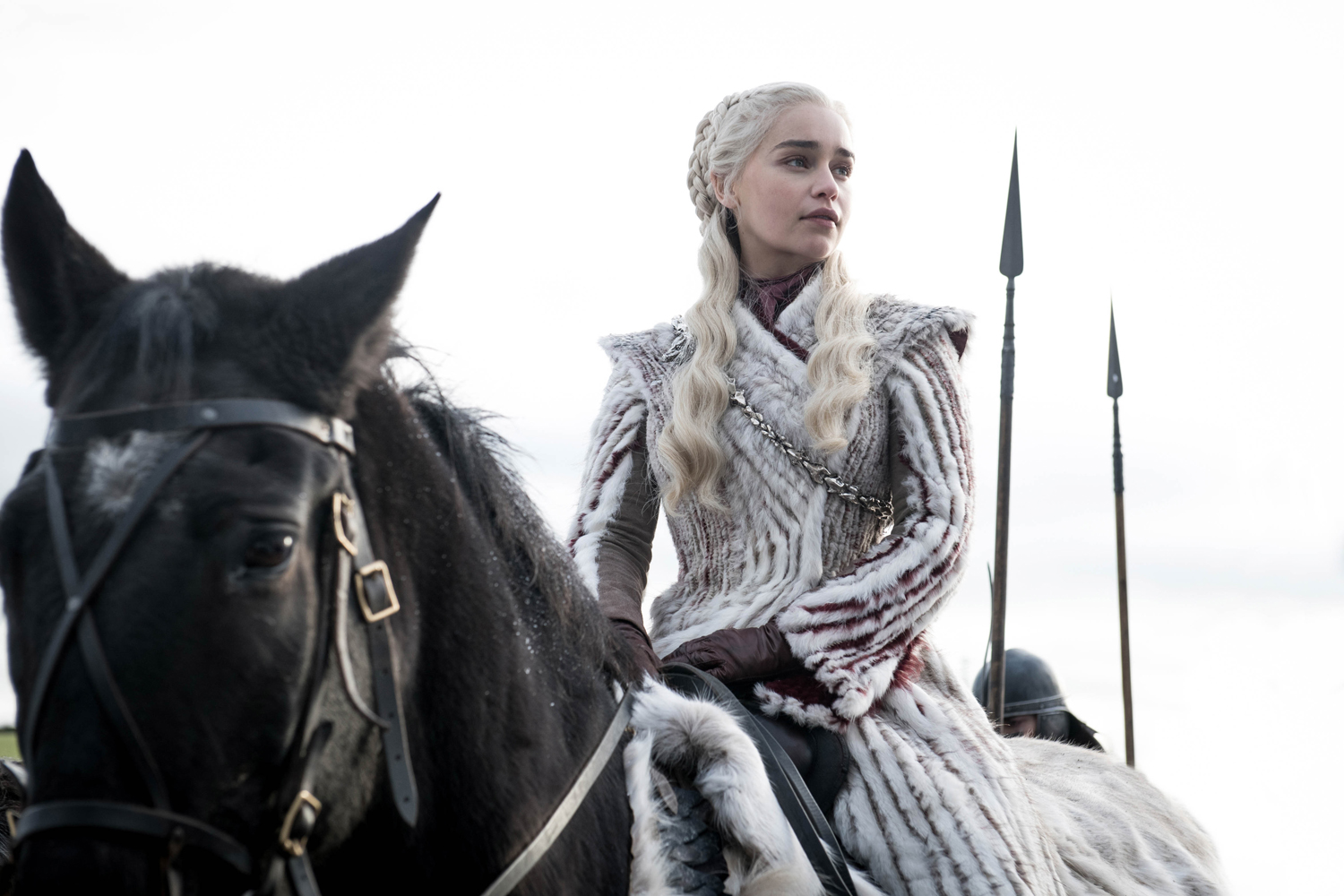
Daenerys’ downfall was always on the cards, going back as far as season one where ‘fire and blood’ originated. The series served up little, isolated moments on what type of ruler she would eventually become. Ground zero became Meereen where her conquering and freedom of Slaver’s Bay failed to stop the uprising by the Sons of the Harpy. Surrounding herself with advisors may have ‘quelled’ the self-determined reclamation of her birthright, but as with the nature of reality, the perception of power can be deceptive. There is no question that Daenerys did save people through her self-empowerment (including Winterfell). To the people she freed, she was a hero and loved for it. But to others, they saw her as an invader. As much as it hurts to see our favourite characters in unpleasant lights, Daenerys’ rule wasn’t for everyone, and whether it was the Sons of the Harpy or the Northerners at Winterfell, she has always struggled in the ‘hearts and mind’ battle. Famously, the closest historical context is Winston Churchill (he won the war but lost the 1945 general election). As much as we admired those defiant moments by Daenerys, it also set a dangerous precedent where fear overruled mercy, summed up by the zero lack of empathy towards Samwell Tarly (John Bradley) surrounding the death of his father and brother in Winterfell. Bran’s succession to the throne was surprising (I blame his poker-face line delivery), but Daenerys’ descent was a quiet reckoning that crept up on all of us.
Although it’s a play on her lineage, calling Daenerys ‘mad’ (which has been used by the media to describe her since The Bells) is also an over-simplification of her character. I mentioned this in my thought piece about female characterisations and how labels reinforce stereotypes and societal norms. However, her story is more than that. Game of Thrones cleverly de-constructs the conventions of power with leaders, liberators and tyrants and the blind, unquestionable faith to which people can follow. We’ve seen this type of behaviour in modern society with both Brexit and the Trump Presidency as life imitates art (and vice versa). The quest for power has always been lustful, starting off small before magnifying into a different beast altogether. We saw it in Stannis Baratheon (Stephen Dillane) killing his brother Renly (Gethin Anthony) (The Ghost of Harrenhal) and burning his daughter at the stake (The Dance of Dragons). We saw it in Cersei, introducing a religious fanatic into King’s Landing (High Sparrow). We saw it in Daenerys as she freed the Unsullied and liberated the slaves in Astapor (And Now His Watch is Ended).
Daenerys certainly embodied a ‘white saviour’ complex. In some fashion, she achieved her goal of ‘breaking the wheel’, but similar to the Star Wars prequel trilogy (despite its disappointments), the respect gained is understanding the nature of that tragic fall from grace. Both Anakin Skywalker/Darth Vader (Hayden Christensen) and Daenerys represent the ultimate tale of sadness and empathetic grief, bound by failures, rejection and personal fears that were compounded by incidents that robbed them of their seldom belief in existing power structures and alliances. Sure, they acted on entitlement – a self-righteous notion that they (and only themselves) can change the world for the better. But it’s a classic tale of self-destruction illustrating how easy the lines between righteousness and villainous evil can descend within the blurred myriad of morality. They operate on questionable mechanisms, but it’s why we love villains so much. They weren’t born evil, but circumstances determined their course.
Season eight had the right intentions throughout with Daenerys succumbing to her destiny. But in doing so, we lost her voice in the conversation.
Similar to how the books were based around perspective structures, the perspective in her transition was determined by other characters instead of allowing the audience to see her reactions. What transpires are brilliant conversations, especially Varys (Conleth Hill) and Tyrion (Peter Dinklage) in The Last of the Starks. But imagine witnessing Daenerys emotional distress in the aftermath of Missandei’s death instead of hearing it from Varys and his failed attempt to poison her or Tyrion’s announcement of Varys’ treason in The Bells? Imagine more revealing moments where she reconciles with the decision to burn King’s Landing as an additional motif to her Hitler-esque victory speech in The Iron Throne? Imagine a face-to-face war of words with Cersei? Imagine if there was more build-up to her demise to coincide with the dialogue-heavy conversation between Tyrion and Jon Snow (Kit Harington) in justifying the murder of a transformed tyrant?
Why do I think those moments are important? Because it elevates beyond the conversational ‘labels’ and an over-familiarised trope that ‘if you give women power, they’re simply destructive and must be stopped’. Having a female villain in popular culture is not a problem – in fact, it should be encouraged. Just look at Cersei, Villanelle (Jodie Comer) in Killing Eve or Serena Joy (Yvonne Strahovski) in The Handmaid’s Tale. But where it counts is that allowance for characters to explore their internal conflict, otherwise, the transition can feel a bit empty. That’s where Game of Thrones lost that stride. It didn’t betray Daenerys, certainly not worth signing an idiotic petition to remake the season (displaying the worst of fan culture). But as a development arc throughout the season, to reach that point of no return, it could and should have been better.
That is the resounding feeling season eight leaves you. Upon reflection, we get what we’re given and we have to respect the intention by David Benioff and D.B. Weiss (because no one intentionally goes out in the creative world to do inadequate work). We can’t change what this show did, but in acknowledging the shortcomings, it should inspire how the dialogue evolves for the future.
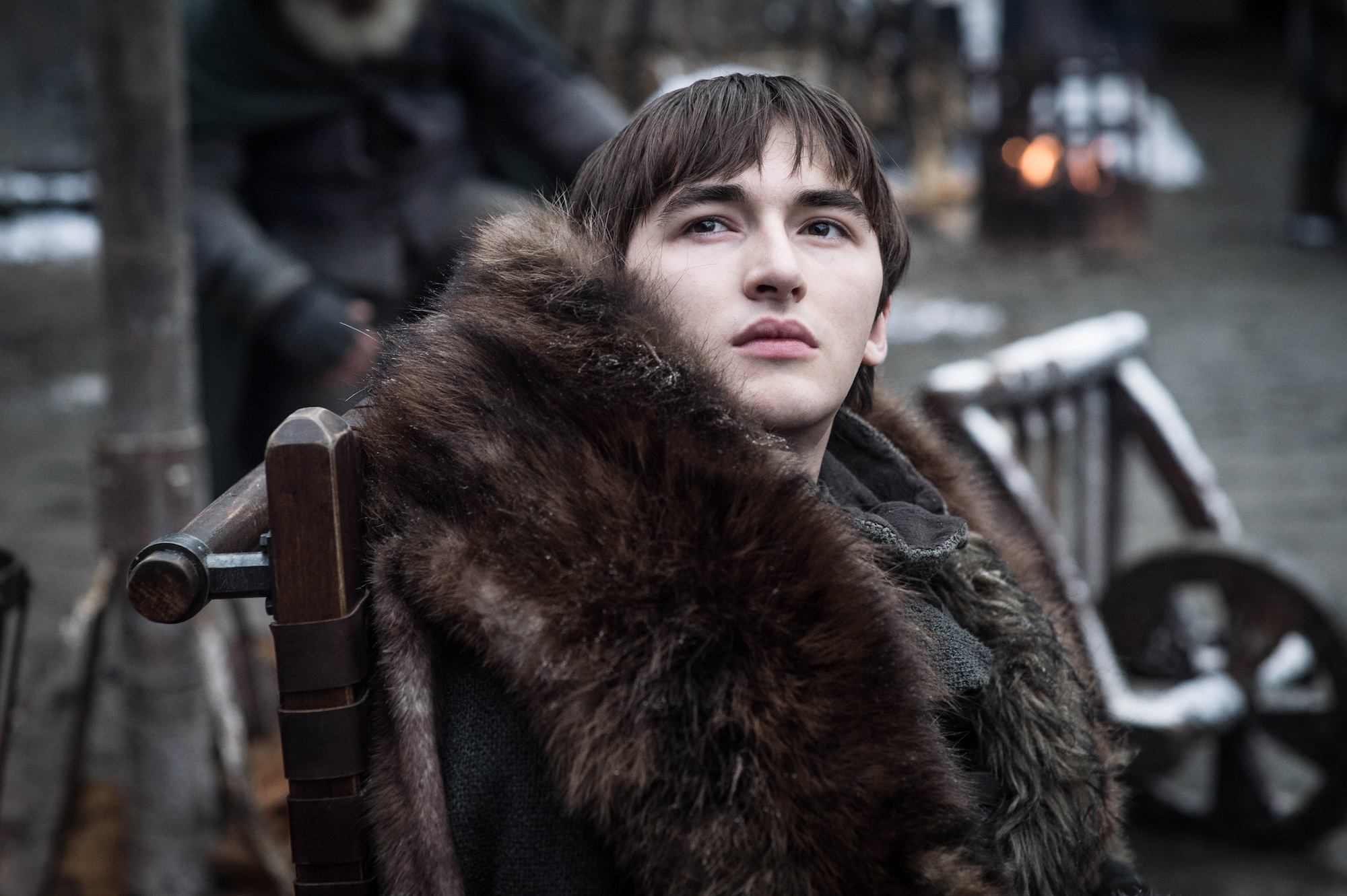
But if anything, what Game of Thrones acknowledged that its roots reside in a patriarchal world, summed up by the Bran’s succession as King of the Six Kingdoms with a whiplash take on the 2016 Presidential election (Sansa (Sophie Turner) won the popular vote, but Bran won electoral college). The divisive choice will subside, working more as a poetic conclusion to how the journey started (Winter is Coming) to its end (The Iron Throne). It’s somewhat of a genius move, but without the layered build-up, then the reaction would feel ‘out of the blue’ when there’s more weight to the decision besides ‘having a better story’. There’s almost a feeling of ‘failing upwards’, and that is despite the patient complicity that his gift brought knowing thousands of people would die to make it possible. ‘The Wheel’ aka the iron throne was destroyed thanks to Drogon the now-turned philosopher. The foundations are different, but the ‘new world’ that follows is still subjective. Samwell Tarly’s suggestion of democracy was swiftly rejected for a slightly more peaceful oligarchy still ruled by men (and Brienne of Tarth (Gwendoline Christie)). At least Sansa didn’t leave empty-handed, deservingly ruling Winterfell as an independent.
As limiting the execution was, there were moments of celebration that would be remiss if it wasn’t acknowledged. The plaudits will naturally go to Peter Dinklage as Game of Thrones‘ most consistent performer, at times, bearing the show’s heart and soul, but Emilia Clarke can certainly hold her head high. She delivered one of her best performances, demonstrating the simultaneous journey of love, pain, anger and ruthlessness.
The praise also extends to Maisie Williams as Arya Stark with my highlight in the series in killing the Night King. Sexism and misogyny reared its ugly head around her triumphant move in The Long Night (more on that in a separate post), but seeing her assassin skills paid off in full got a football style celebration from me, and justified my endless love for the character.
“I know death. He’s got many faces. I look forward to seeing this one.” – Arya
However flawed this season was, Game of Thrones wasn’t all ‘doom and gloom’. As with previous seasons, there were profound moments of breathless exhilaration, joy and symbolism which will rank alongside as some of the show’s best work.
A Knight of the Seven Kingdoms was the best personification in character development, effortlessly switching between characters and military preparation. The similarities between Game of Thrones and The Lord of the Rings were crystalised in its homage to The Two Towers and The Return of the King. Podrick’s (Daniel Portman) Jenny of Oldstones is a layered comparison of Pippin’s (Billy Boyd) Edge of Night. But as a whole, it’s a wonderfully crafted exposition on human nature, explored as the last remaining free will before the battlefield sealed their fate. The episode’s highlight belonged to a tearful acknowledgement – the knighting of Brienne of Tarth. Although her screentime was limited this season, there are not enough words to convey how much she deserved the accolade.
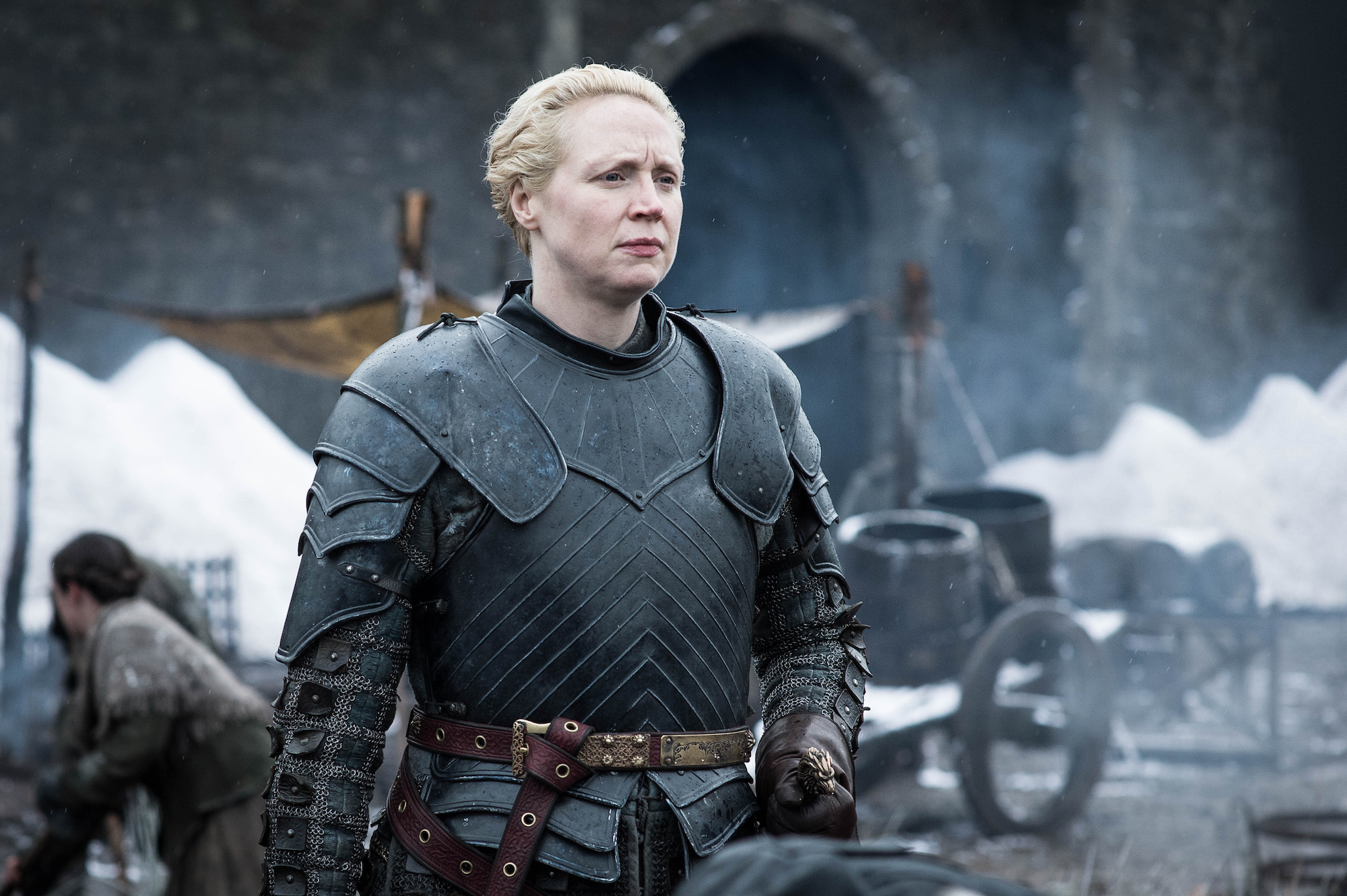
Delving further into her storyline, I wasn’t a fan of Brienne and Jaime (Nikolaj Coster-Waldau) having sex, purely because of Tyrion’s drunken cruelty regarding her sexuality in The Last of the Starks which forced their union. Brienne and Jaime’s relationship was always something built on respect and nobility. But predictably, you knew it wasn’t going to last, a short-lived affair that broke her heart in the process. But if there’s a small consolation in its aftermath, then Brienne is one of the few characters who still retained her honour and (briefly) control over her path. However upsetting as it was to see her crying after her first love, there is nothing wrong with Brienne showcasing that emotion. She’s allowed to cry! She cried in the presence of Renly Baratheon when he was murdered in The Ghost of Harrenhal. If previous seasons are an indicator, she has showcased her disappointment and frustration of an unjust world, wrapped in the collar of gender politics and self-esteem mockery. But it says a lot about her preservation – not many people can take on The Hound and win (The Children). Female characters are allowed to be expressive, even if its a source of empowerment and badassery. Her blog entry in The Iron Throne could have been a petty response to re-write Jaime’s history as “don’t trust this lying SOB”. But in taking the high ground, she chose to remember him as a ‘good man’ instead of a conflicted one who was torn between two ideal versions of himself. Just as it is with modern history, the stories we tell can be openly favourable despite someone’s flawed past – it just depends on the storyteller. In the end, she chose kindness instead of hate.
The Long Night was the best episode in the series – period. The episode played with our expectations from A Knight of the Seven Kingdoms, and yes, more characters should have died (I’m still amazed at how Sam survived or where Bran disappeared to – probably to see Avengers Endgame). We can all joke about its ‘darkness’, but as a visual spectacle in terms of scale, carnage and fist-pumping heroics, The Long Night will resoundingly live on as one of the greatest TV episodes in modern history. Matched by Djawdi’s tension-filled score, it’s a sentiment not based solely on the good vs. evil complex, but on the personal battles. It’s Arya’s deft skill at avoiding horror in the library. It’s The Hound’s (Rory McCann) emotional breakdown at a ‘hopeless war’. Fear was faced in the redemption of Theon Greyjoy (Alfie Allen). Nobility was found in Beric Dondarrion (Richard Dormer) and Jorah Mormont’s (Iain Glen) final sacrifice. When it couldn’t get any better, Dany, Jon and the Night King’s picturesque flight of motion in the skies on their dragons was sublime.
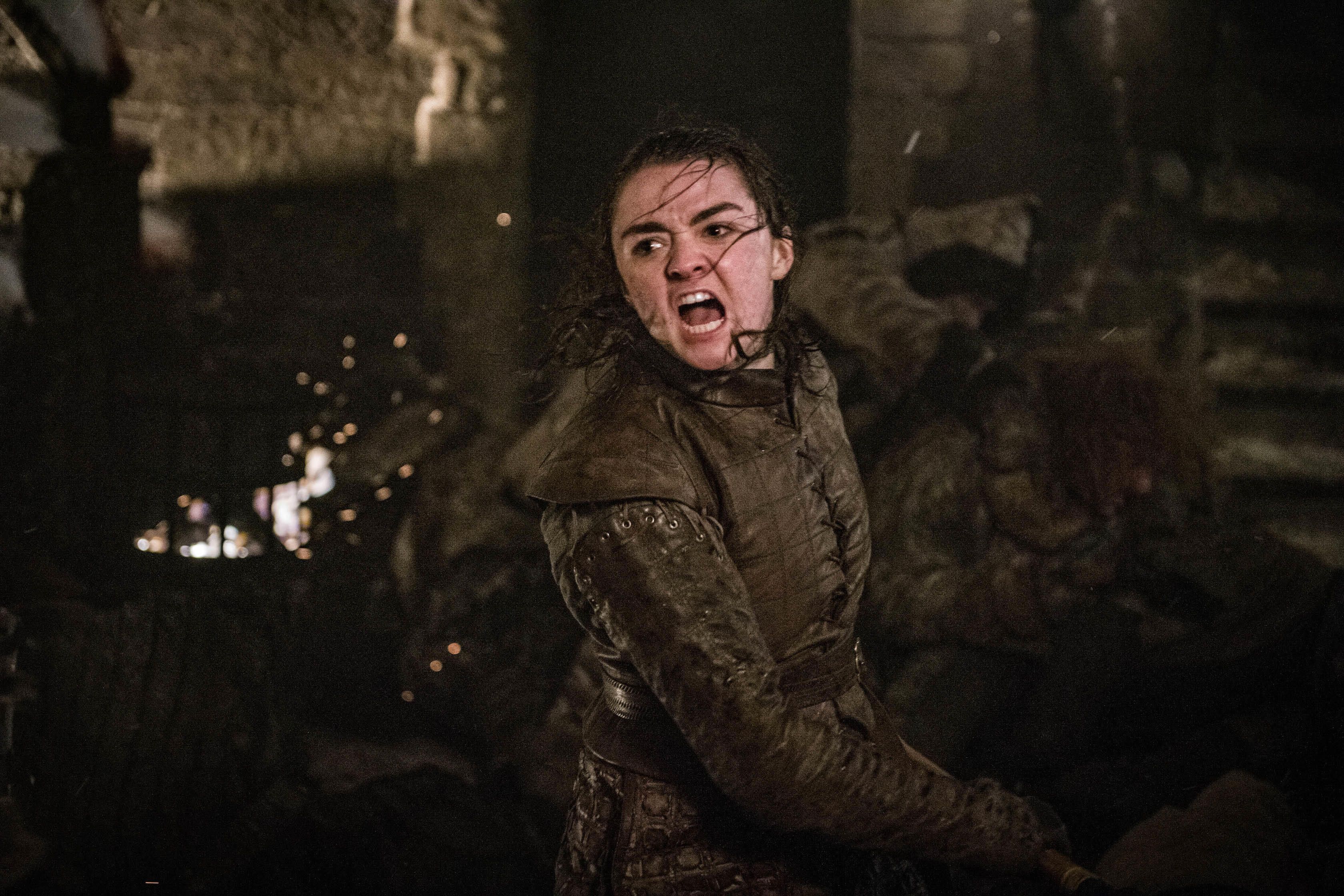
We finally got Cleganebowl, a battle which didn’t disappoint. It delighted on a comedic level by The Hound’s brilliant one-liners and by Cersei’s “I’m having no part in this nonsense’ walk to safety. When a show has dealt with brutal actions and brutal consequences, there is no denying that The Mountain and The Hound had one of the most satisfying and poetic conclusions – fire brought them together in their hatred, and fire ended their journey.
Divisive as the episode turned out to be, but The Bells mostly hit the right notes. Although Arya’s 360-degree reversal in killing Cersei was clumsily handled (once again, deserving more moments with The Hound to pull that switch off), but as the ground perspective to Daenerys and Drogon’s fiery will, the ashen, almost apocalyptic aftermath is a symbolic reminder of a real-world event – 9/11. Substitute Drogon for a plane and King’s Landing for the World Trade Center and the city of New York and the devastating impact of panicked stricken people running for their lives echoed the same tone, right down to its live broadcast as we powerlessly watched from afar on TV.
Combining mythical fantasy and modern context is not lost, but it’s easily one of the best aspects of the show.
“Love is the death of duty.” – Jon Snow
Legacy is always tough to articulate because right now, it’s still fresh in our minds, which will be debated for a long time.
In hindsight, it’s perfectly fine to be disappointed by its end. Had this season been ten episodes instead of six, a lot of the criticisms would have been avoided. Daenerys’ demise could have been a book-end chapter of one episode, and it’s political consequence dealt as a finale.
When it’s all said and done, it’s hard to ignore or deny the show’s impact. If anything, Game of Thrones demonstrated the peak of its powers – the quintessential example of event TV. You would have to go back to the days of The X-Files, Friends or 24 where the mass gathering of fans was a staple tradition of shared experiences and ‘water-cooler’ discussions, and yet Game of Thrones has eclipsed that. Long, epic dramas come and go, but there’s a measurable feeling that we probably won’t see something of this scale for a while.
That’s not to discount the projects that currently exist or in the pipeline (e.g. Amazon’s Lord of the Rings TV show or HBO’s Watchmen and Westworld) – the current nature of TV has eclipsed into an inescapable void of ‘binging’ and ‘chord-cutting’ services. But for eight seasons, Game of Thrones pushed and tested our beliefs on conquest and power. Disappointedly, its end was far from perfect (which says a lot about expectations, plot stakes, personal investment and its final execution), but as a whole, it was ever-present, fierce and relentless, undeniably showing us why we love TV in the first place. There are no regrets, and that is enough for me to say it will be missed.
And now my watch has ended.

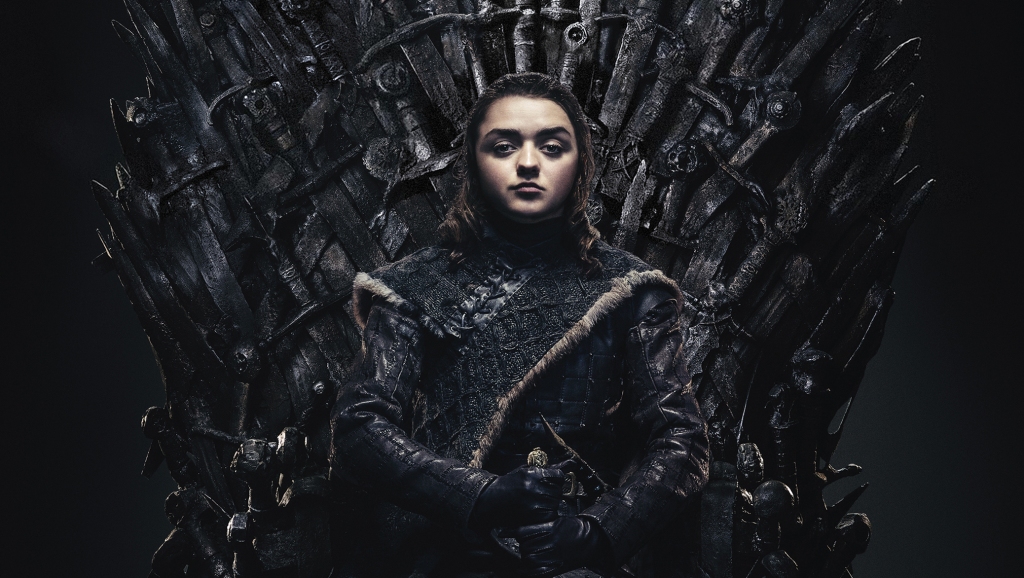
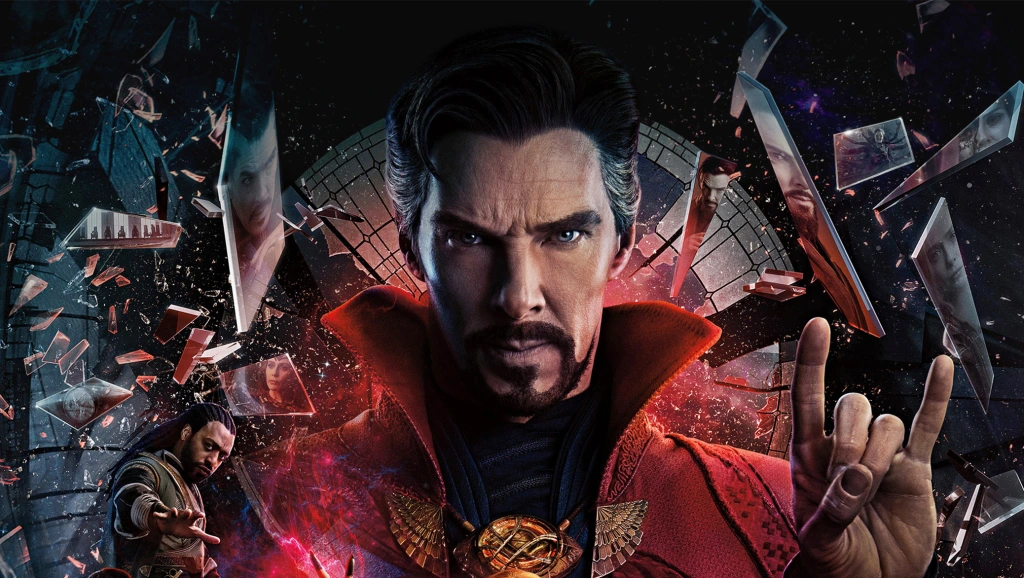
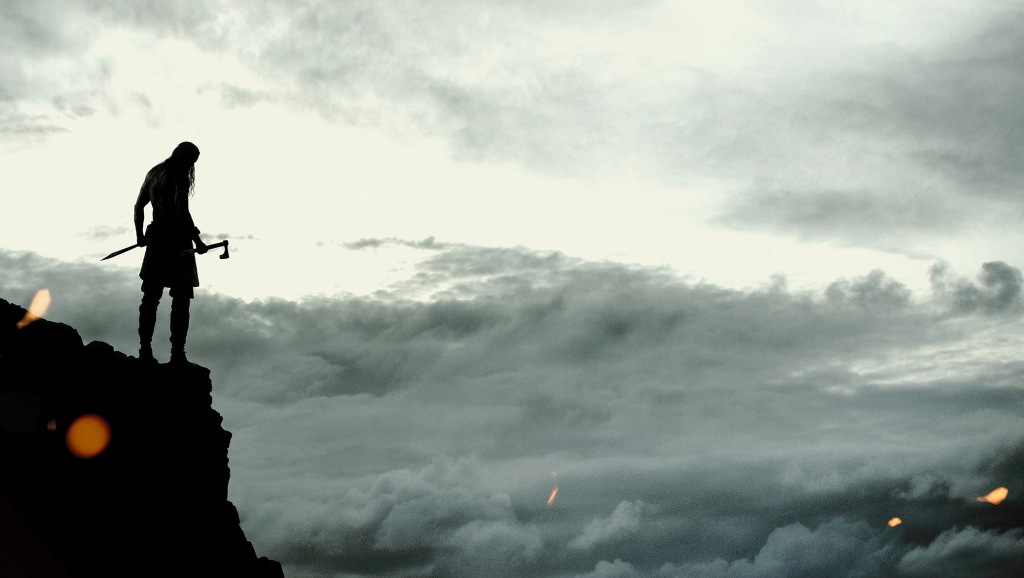
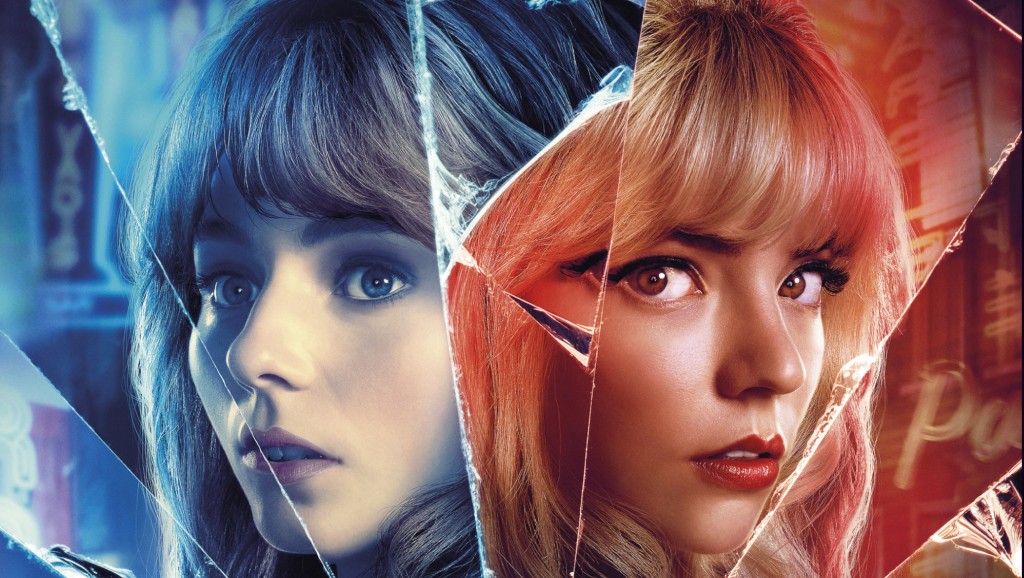
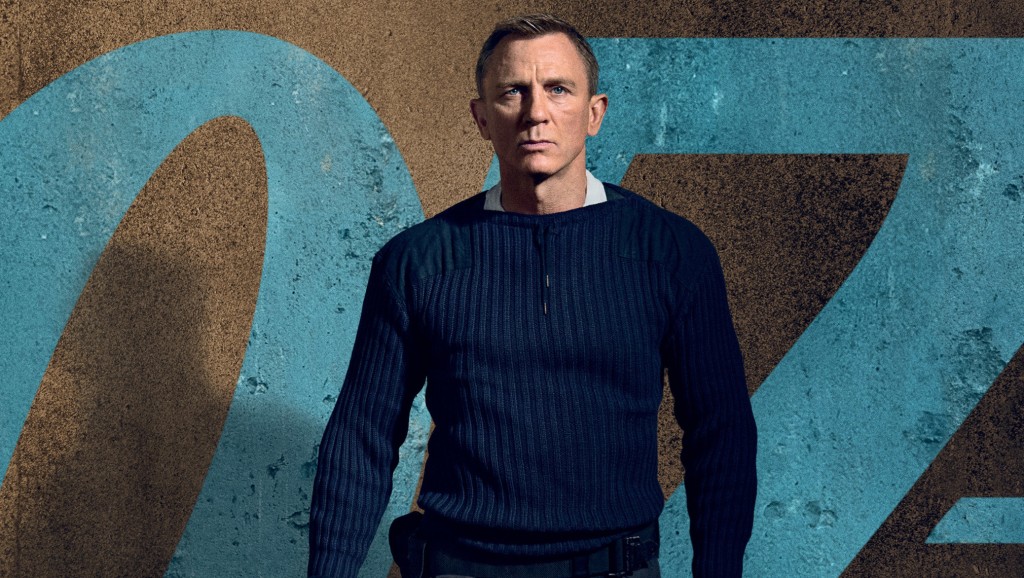
Don’t Be Shy – Leave a Reply